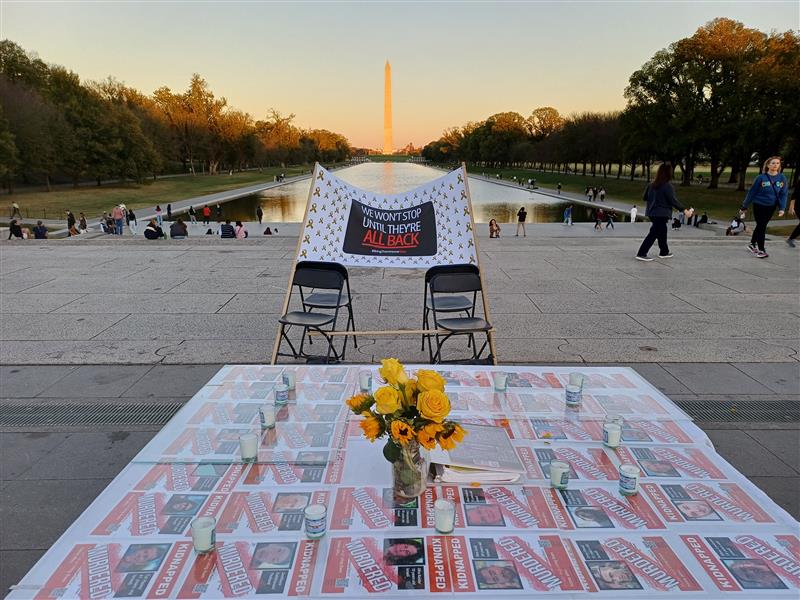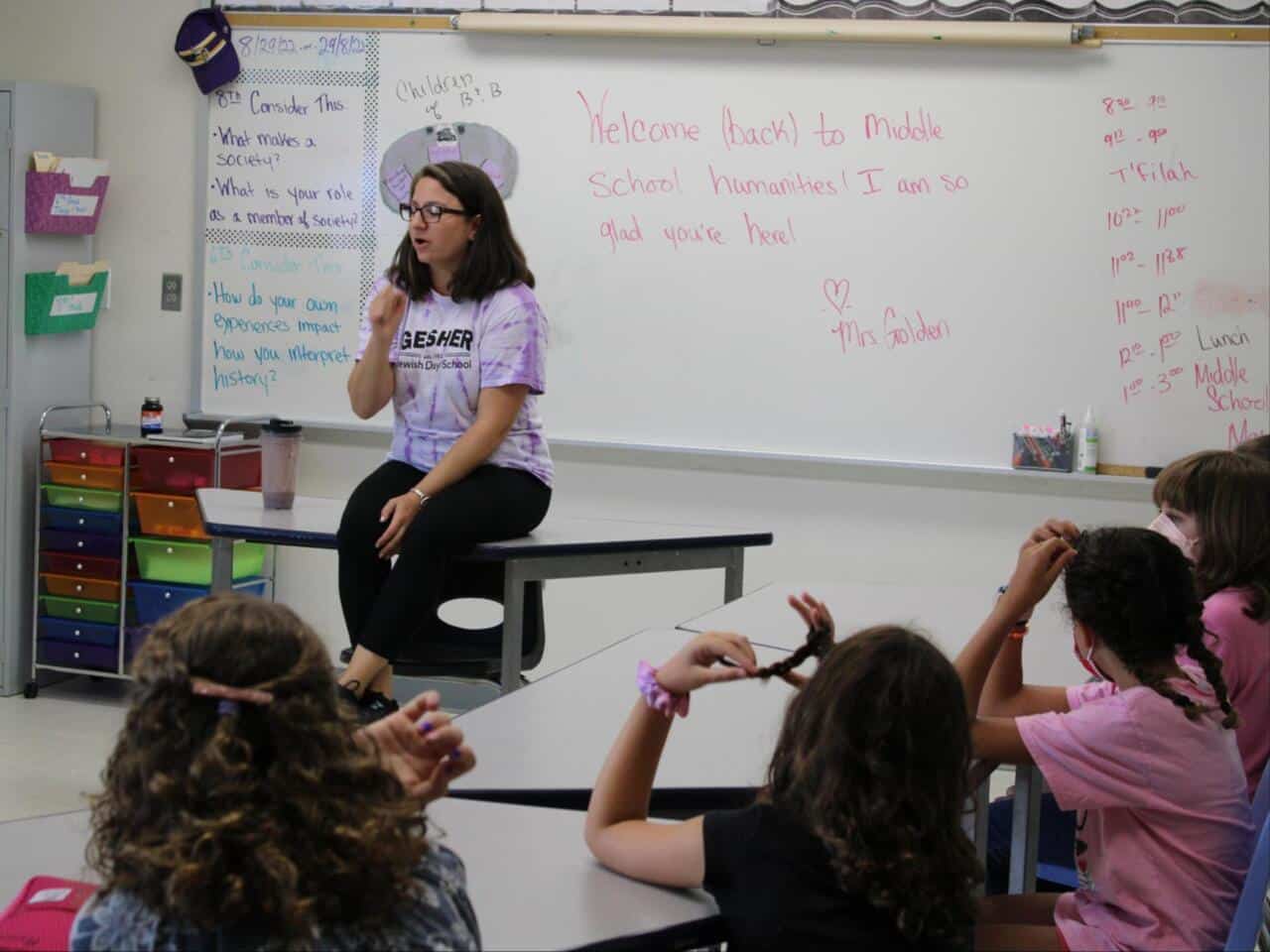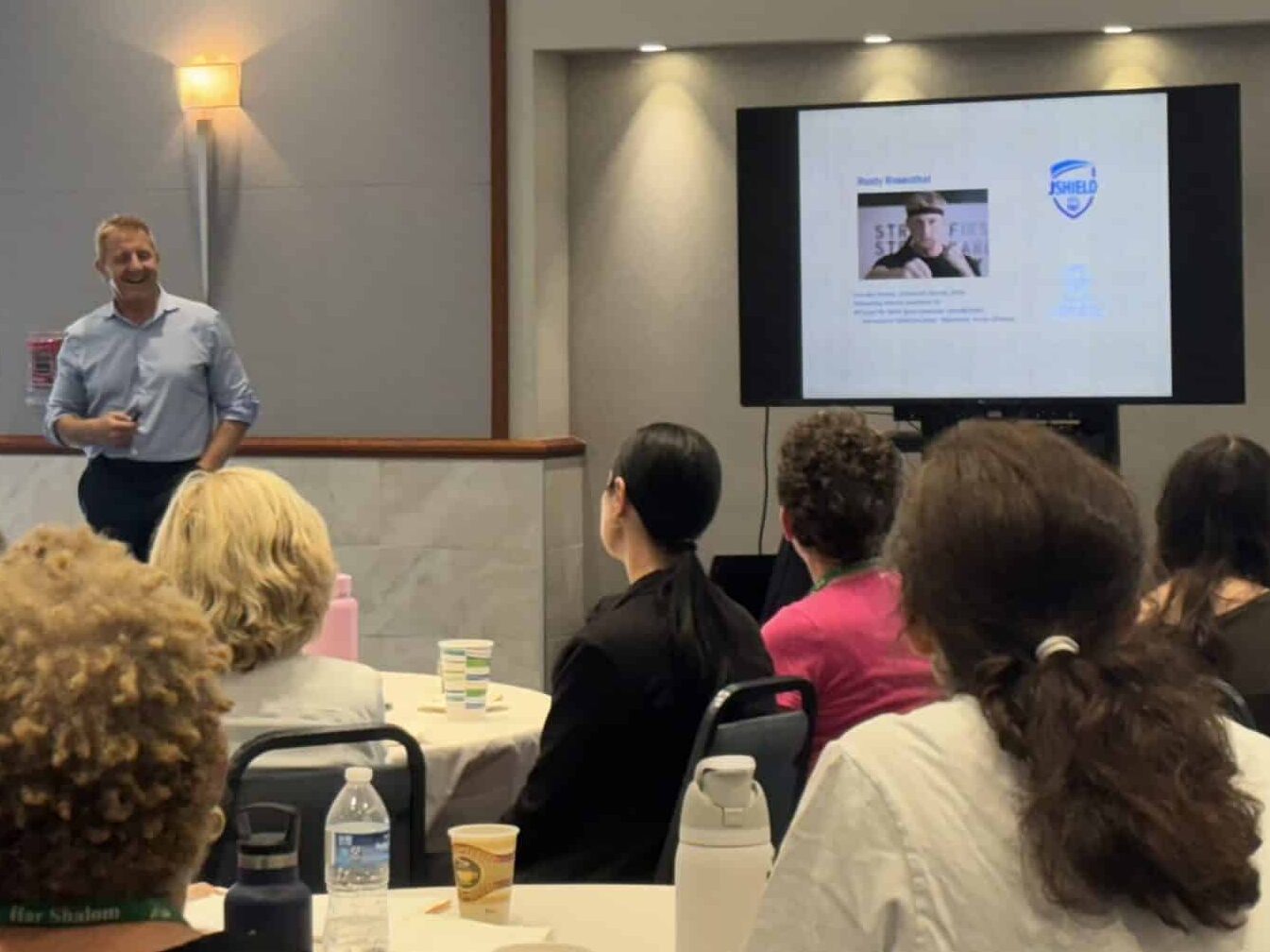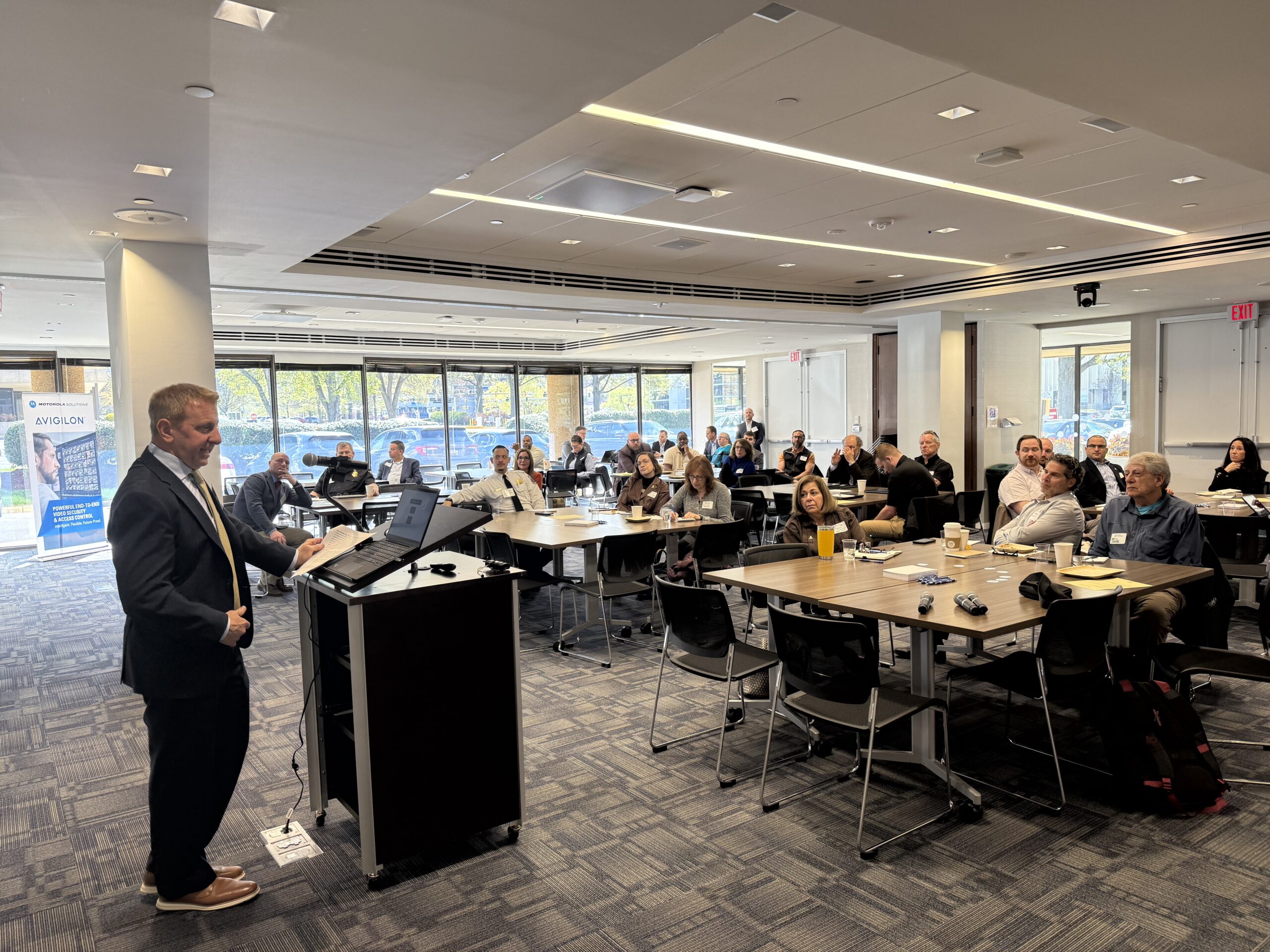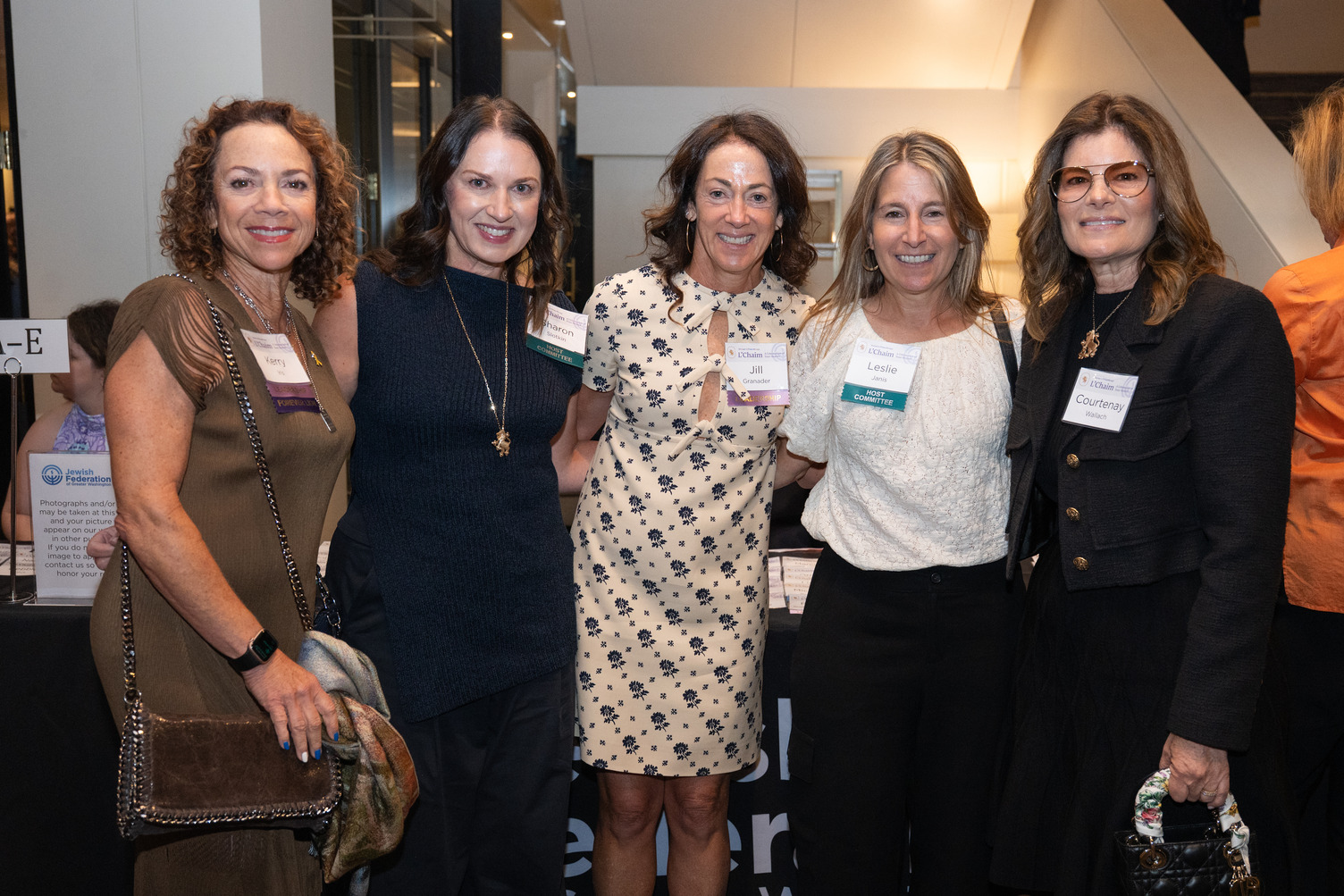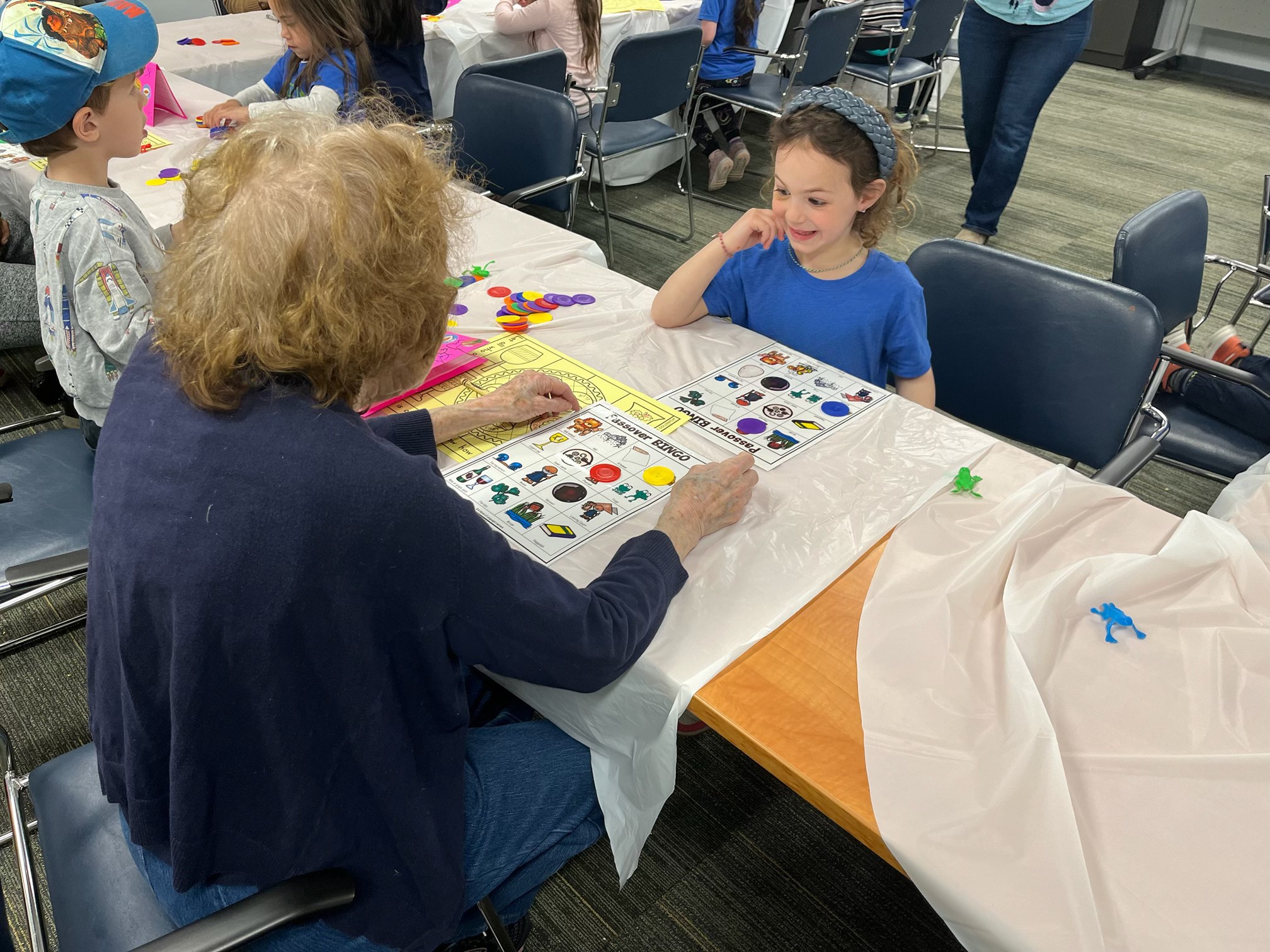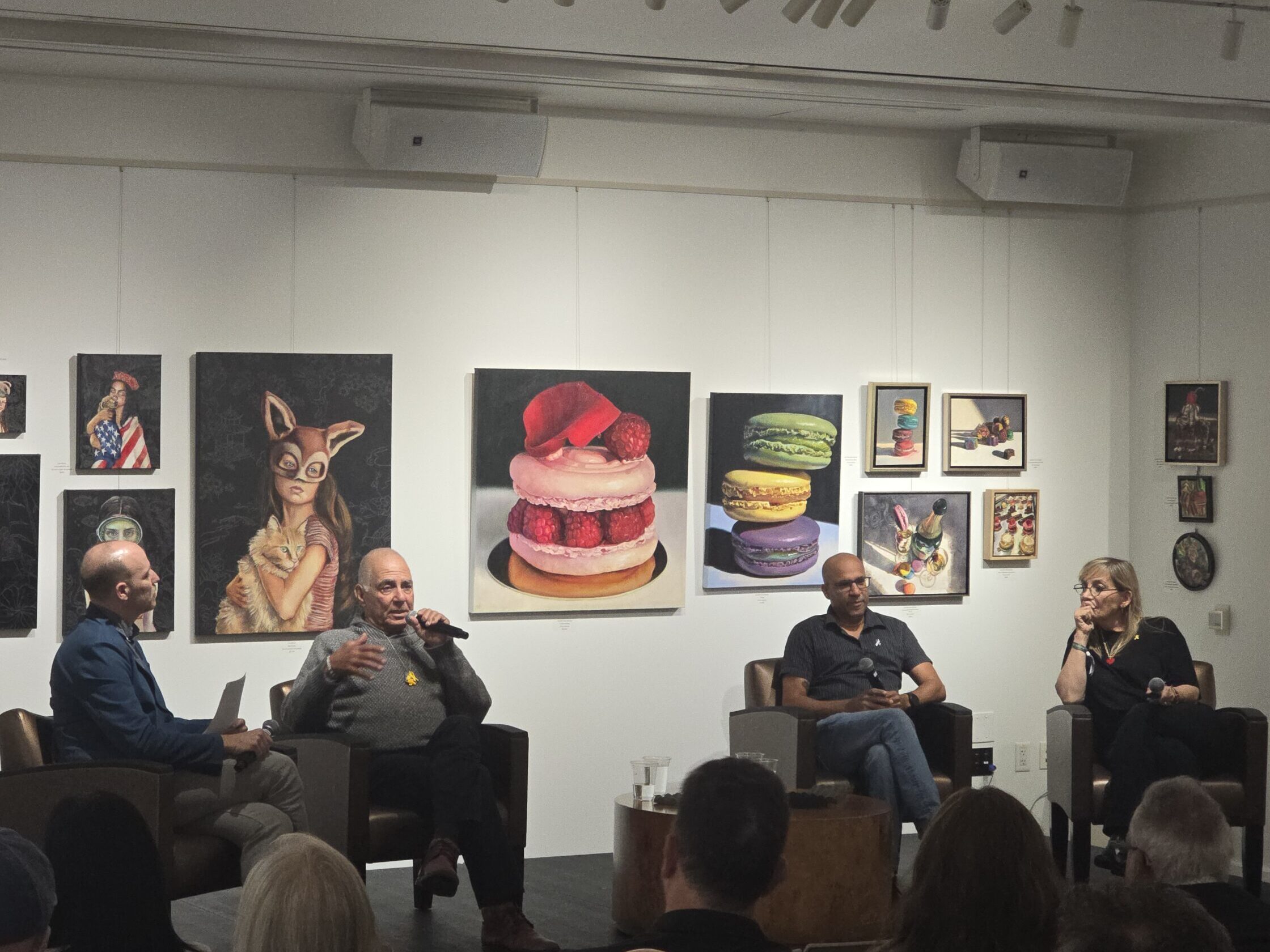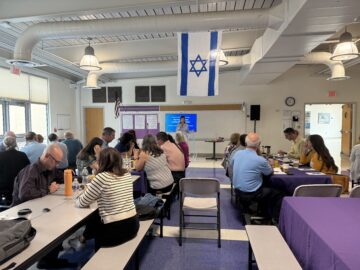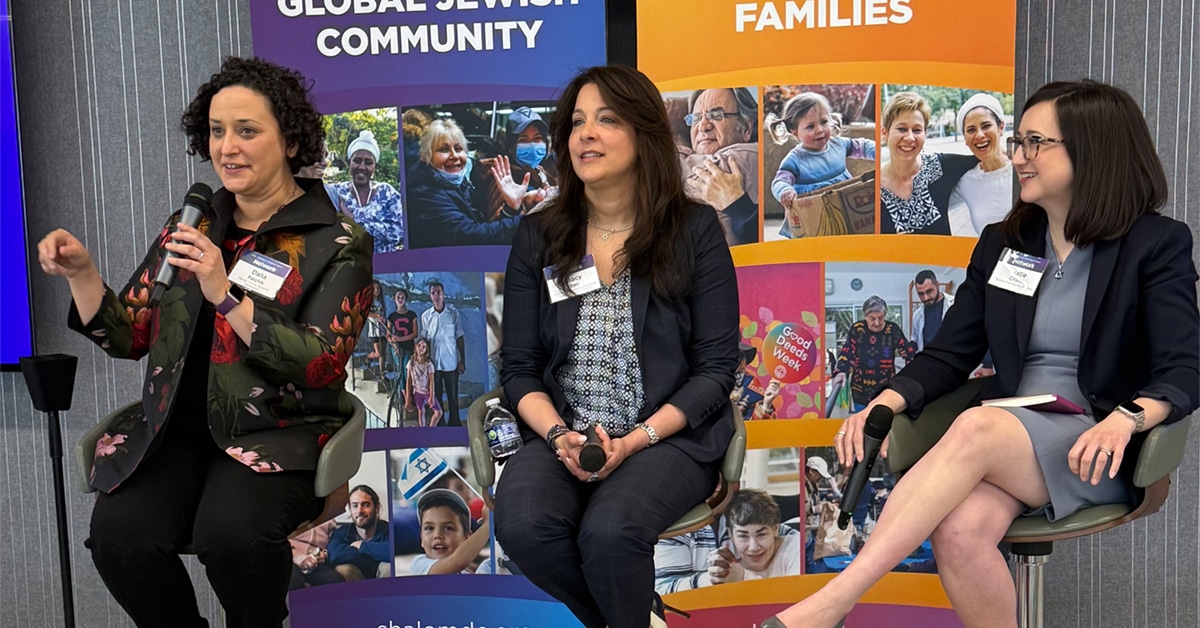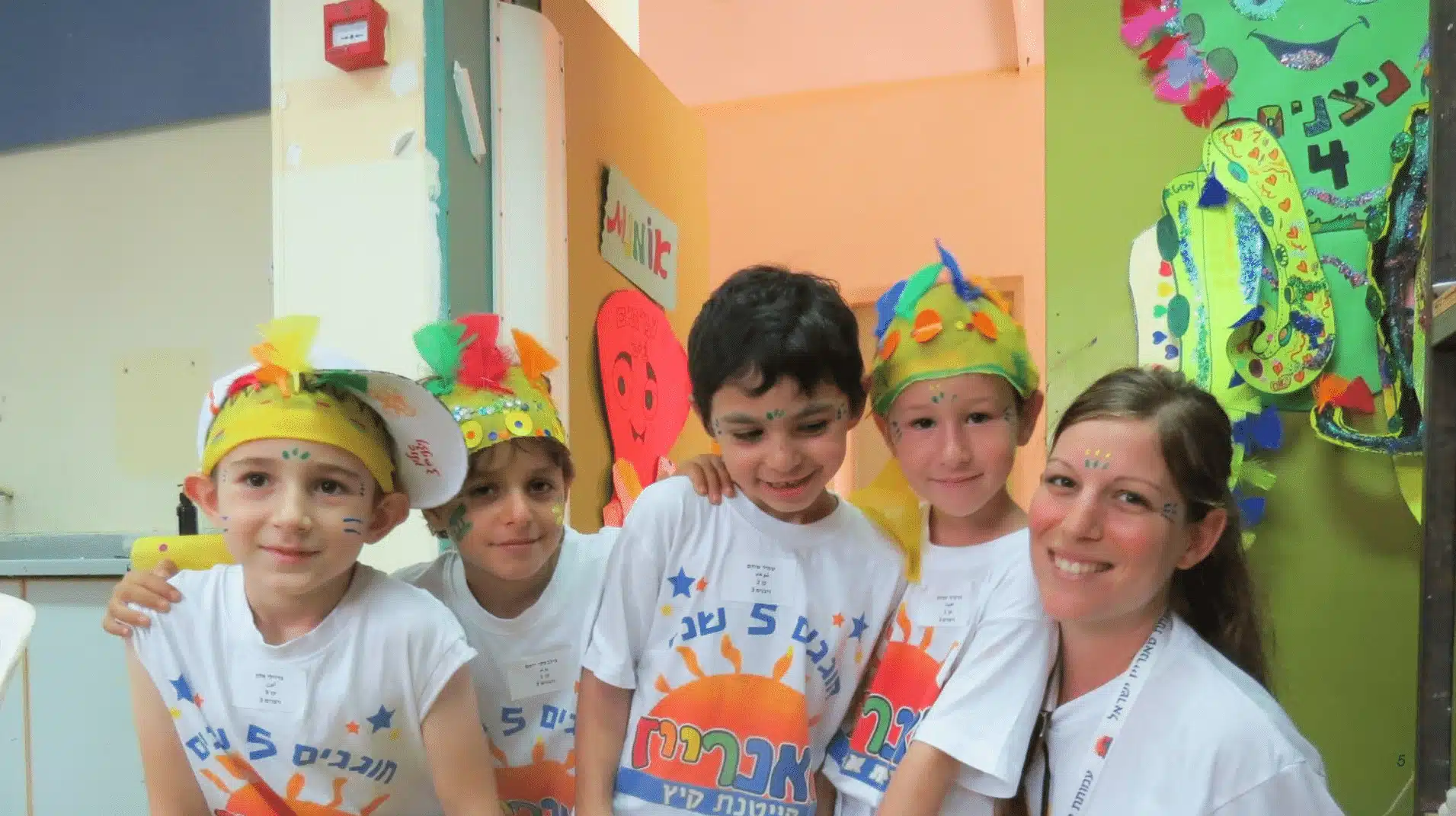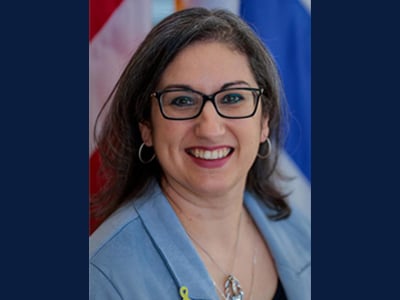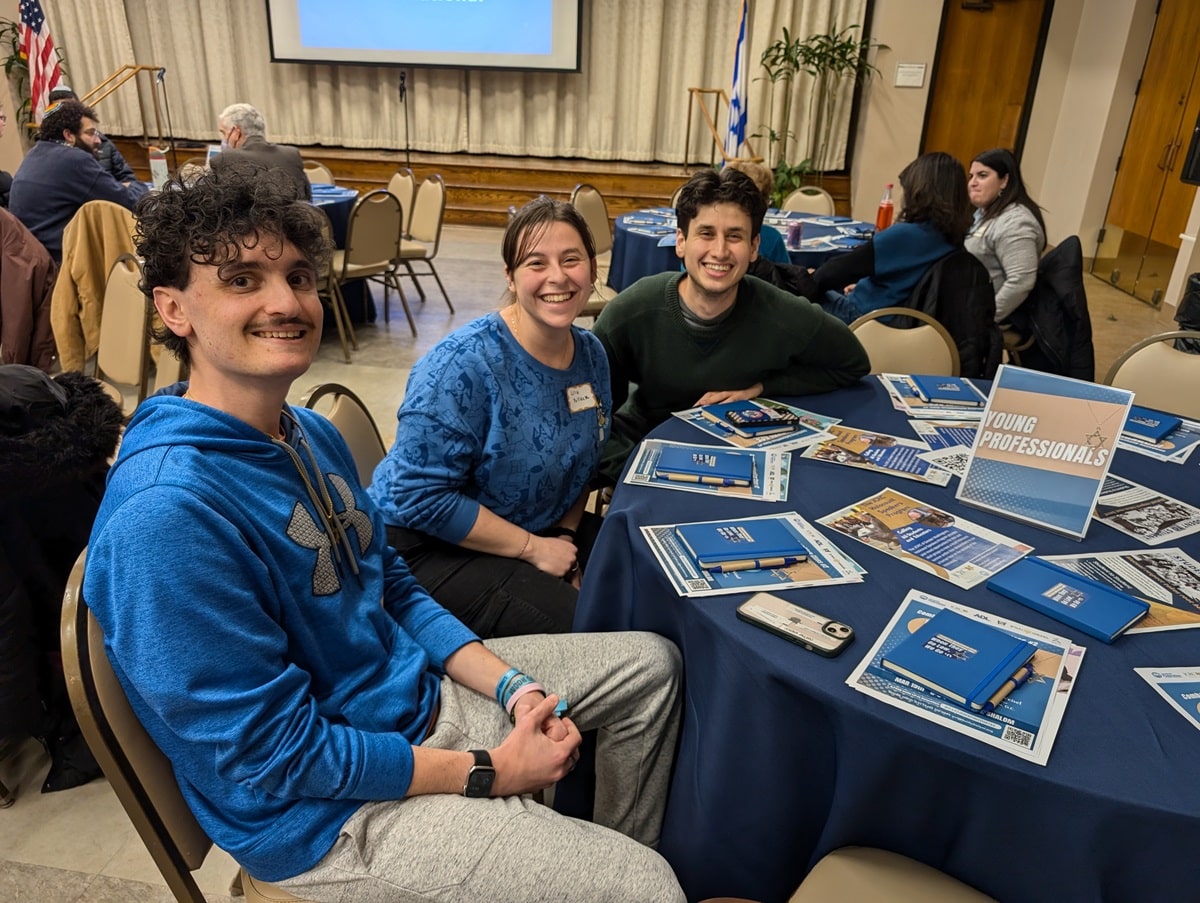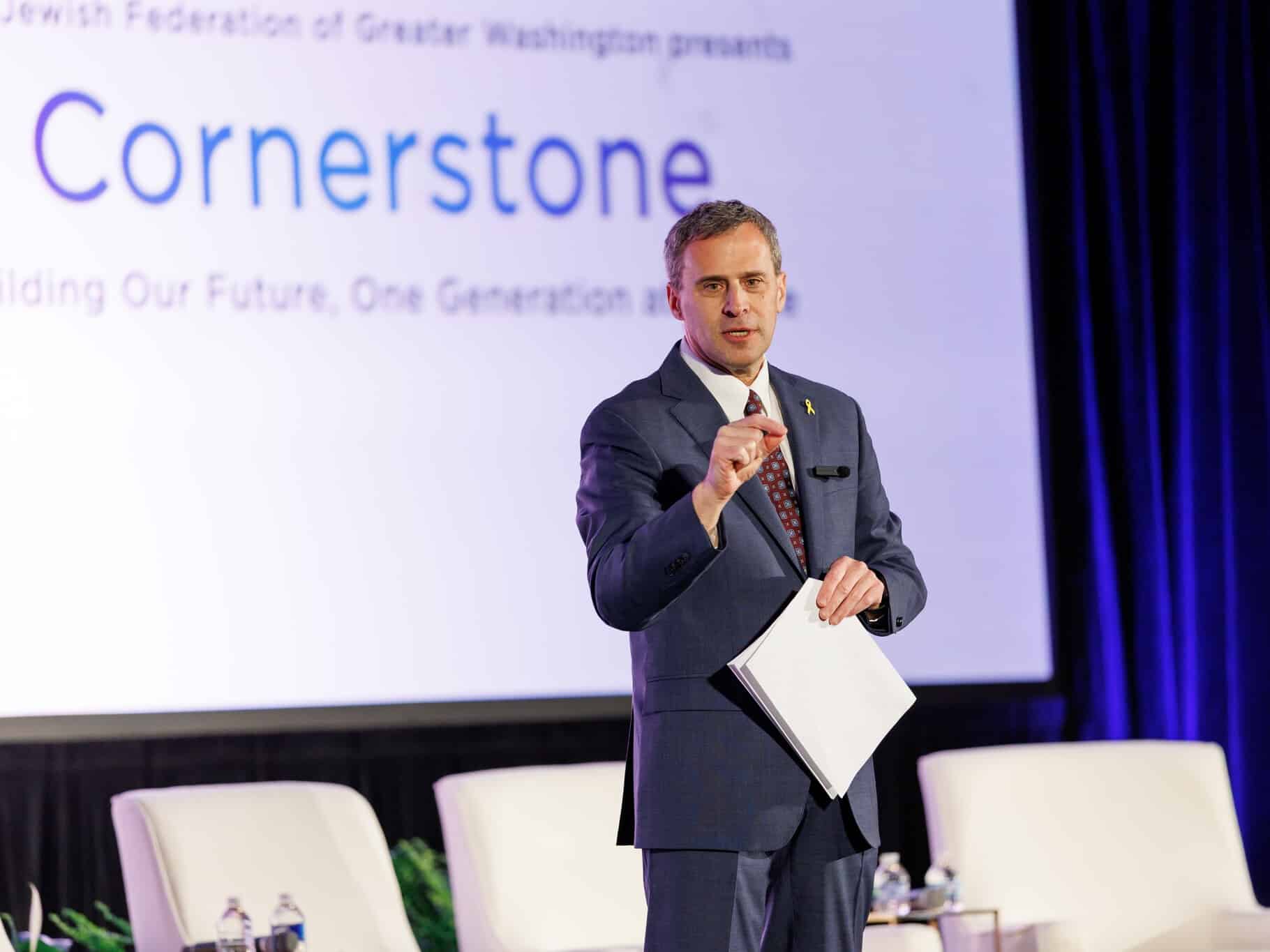The Worst Part Is That Nobody Believes Us
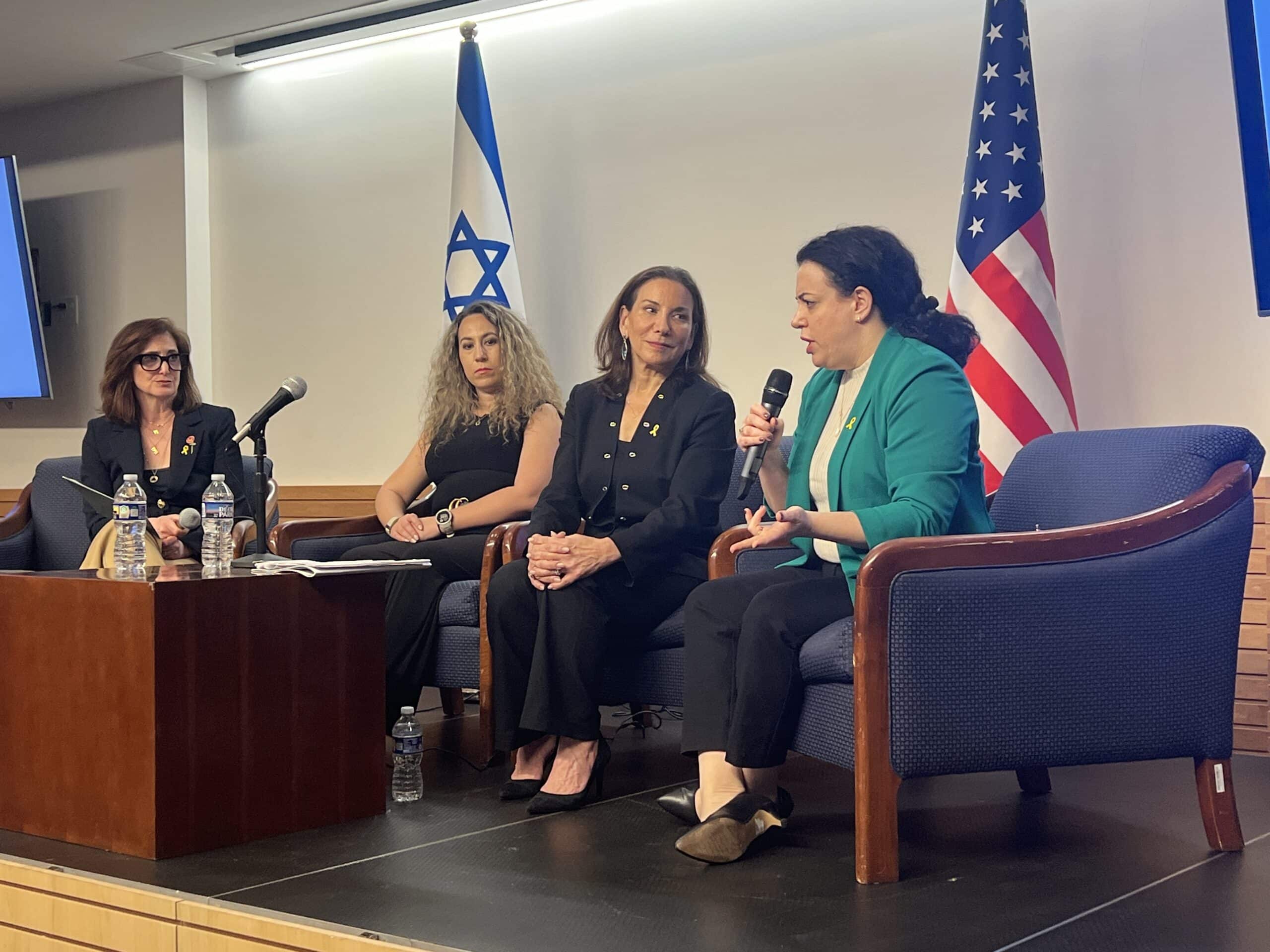
“The worst part is that nobody believes us,” a survivor of the October 7th massacre told Meredith Jacobs during her trip to Israel following the attack. This one small sentence would go on to spark a global movement. As the CEO of Jewish Women International, Meredith’s job had been to advocate for the end of gender-based violence, and during her tenure at the organization, the projects were mostly based in the United States. But in that moment, Meredith realized there was something more. The deluge of social media posts and news articles were coming out denying or justifying the sexual violence that was a well-documented component of the attack was staggering. “How can you see [the documentation], and hear their testimonies, and not believe, and not feel empathy?” Meredith wondered.
DISINFORMATION AND DENIAL
In partnership with the Seed the Dream Foundation, Jewish Women International decided to take action and seek to explain what was happening both on land and online. They created the I Believe Israeli Women Global Movement and began a massive research project led by retired US Ambassador to the United Nations Commission on the Status of Women, Meryl Frank. The result was an astounding report examining how digital platforms are being used around the globe to deny the use of conflict-related sexual violence, manipulate public perceptions, retraumatize survivors and prevent accountability.
The Fund for Women and Girls at the Jewish Community Foundation engages community members in the Greater Washington area in collective learning, amplifying the voices of the most vulnerable, and giving to accelerate better conditions and outcomes for women and girls in Israel, and here in our region. After two rounds of grantmaking to Israeli organizations supporting women and girls after October 7th, the Fund learned from grantees that many of the organizations did not have the capacity to combat the disinformation campaigns online, and were having to allocate crucial resources to building a body of evidence, rather than providing crisis response services to their stakeholders. The report caught the attention of the fund as a way to amplify and spread awareness about the realities Israeli women were facing.
BOTS, TROLL FARMS & ALGORITHMS
The report debuted on April 3rd, 2025, in Washington, DC to an audience of diplomats, congressional staff and community leaders – including members of the Fund for Women and Girls at the Jewish Community Foundation who co-sponsored the event. “There are 21 reported ongoing cases of conflict related sexual violence,” Ambassador Frank shared with attendees, “but what was unique to Israel was the speed and scale of disinformation. Thirty to forty percent of the posts were traced to bots and troll farms from Russia and Iran.”
In looking deeper at conflicts in Myanmar, Ukraine, Sudan, Iraq and Israel a disturbing pattern emerged.
In each country social media was used to simultaneously glorify the violence, and to paint the survivors as liars, often manipulating evidence and using deliberate disinformation in the process. “In a climate of uncertainty, bad actors can take advantage. This both prevents other survivors from coming forward and works to deny what traditional reports have found,” explained veteran journalist, Laura Adkins at the event.
“No matter what, no matter how difficult, you keep telling the truth,” Efrat Hochstetler, Counselor for Public Diplomacy who oversees media at the Embassy of Israel. Efrat’s team has taken on the daunting task of navigating how to share the truth while protecting survivors and families of victims and upholding the privacy and dignity of those affected, often working around the clock during the first months of the crisis.
BELIEVING ISRAELI WOMEN – 5 ACTIONS TO TAKE TODAY
“After October 7th, everyone wanted to do something, but no one knew what to do,” Ambassador Frank shared, a sentiment that has been felt across our broader Jewish Federation of Greater Washington community. When opening any of the multitude of social media apps we use daily, it is easy to feel helpless as an individual, but the panel emphasized the power in taking collective action as a community. They provided a toolkit of tangible actions we can use to address the disinformation and denial online:
- Report posts promptly on social media platforms you use when you see harmful content, doxxing, or misinformation.
- Promote and share credible and verifiable testimony from survivors and witnesses.
- Expand media literacy programs in schools and workplaces
- Encourage peers to correct misinformation in their own networks
- Support organizations and funds that partner with trusted community voices and survivor-led initiatives.
The report details a full list of recommendations including actions for governments, technology platforms, organizations, and individuals including supporting data transparency, and global adoption of the Berkeley Protocol to standardize the collection, verification and usage of data connected to conflict-related sexual violence.
As for Meredith, Ambassador Frank, and the team at Jewish Women International, they are busy planning congressional hearings and advocacy at upcoming United Nations convenings. For them, this is only the beginning. “We will never have justice, but we may have historic justice,” Nava Ben Or, a member of The Dinah Project told Meredith when she brought the Believe Israeli Women delegation to the Knesset. “This is the first time I’ve felt hope.”
HOW TO GIVE
You can support the I Believe Israeli Women Global Movement with a gift to Jewish Women International through your donor advised fund by putting I Believe Israeli Women in the notes or directly at jwi.org
You can contribute to The Fund for Women and Girls to support our continued grantmaking in support of Israeli women and girls through your DAF or by credit card.

